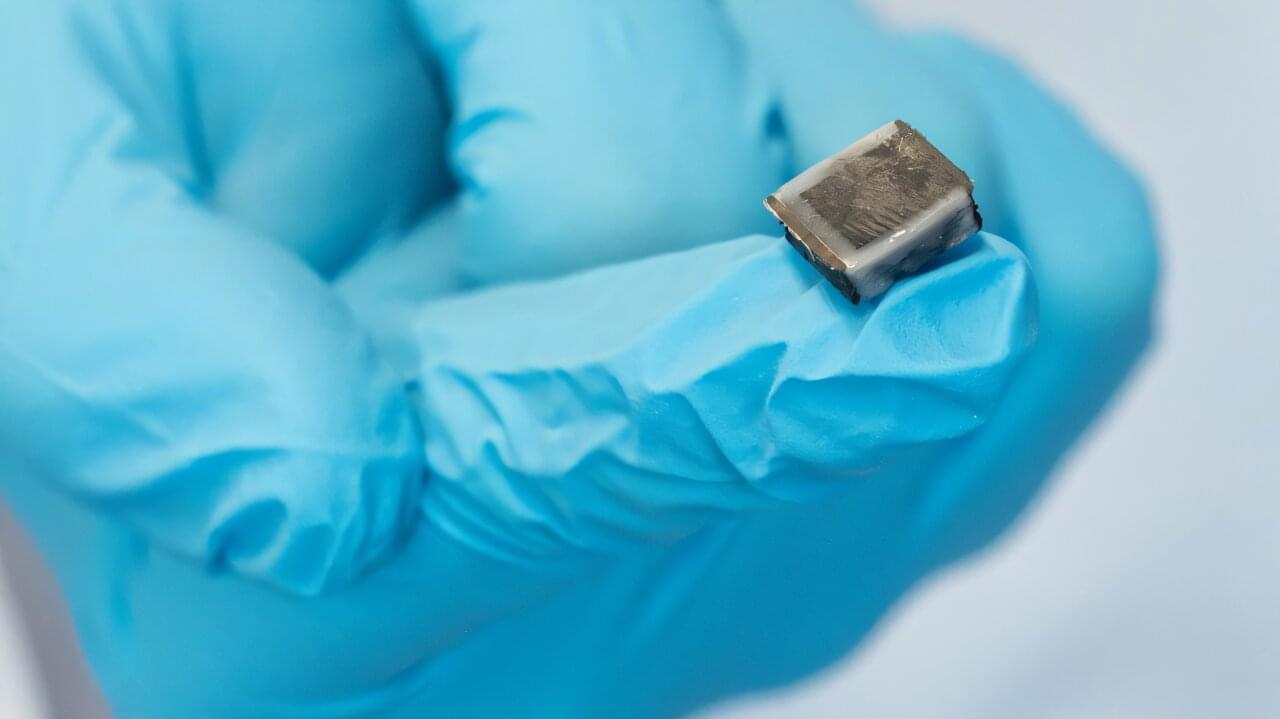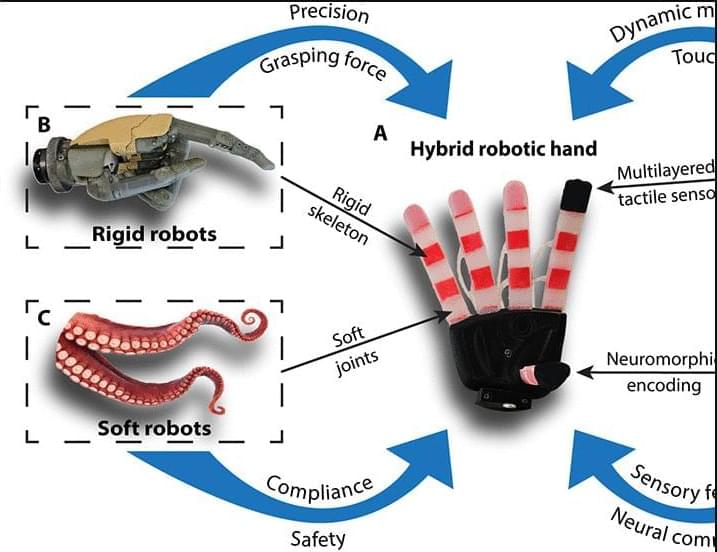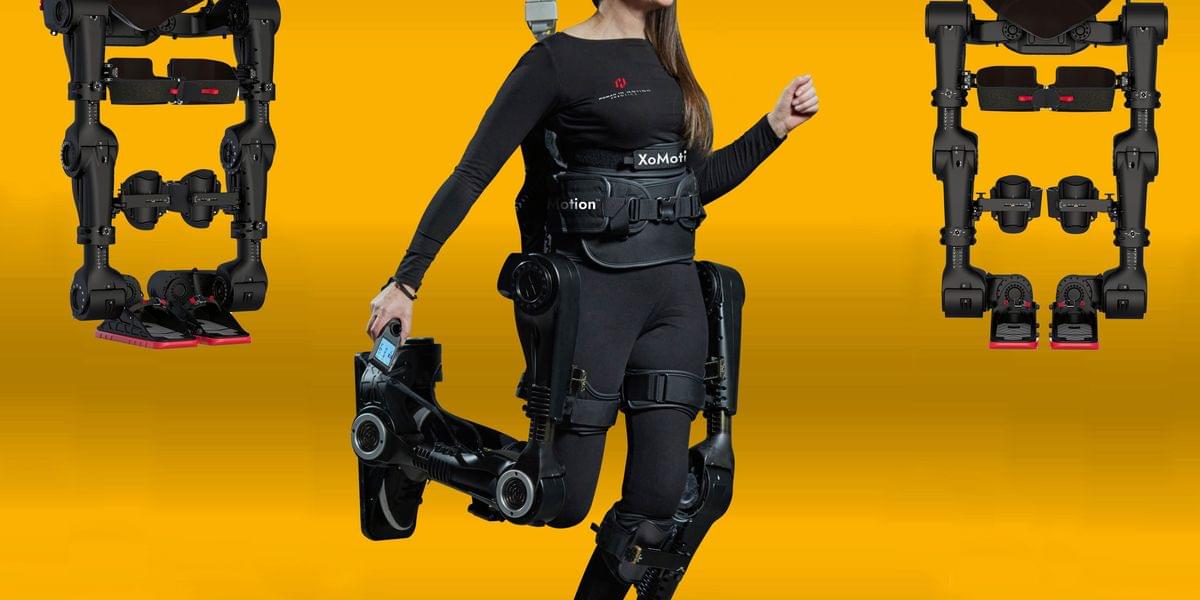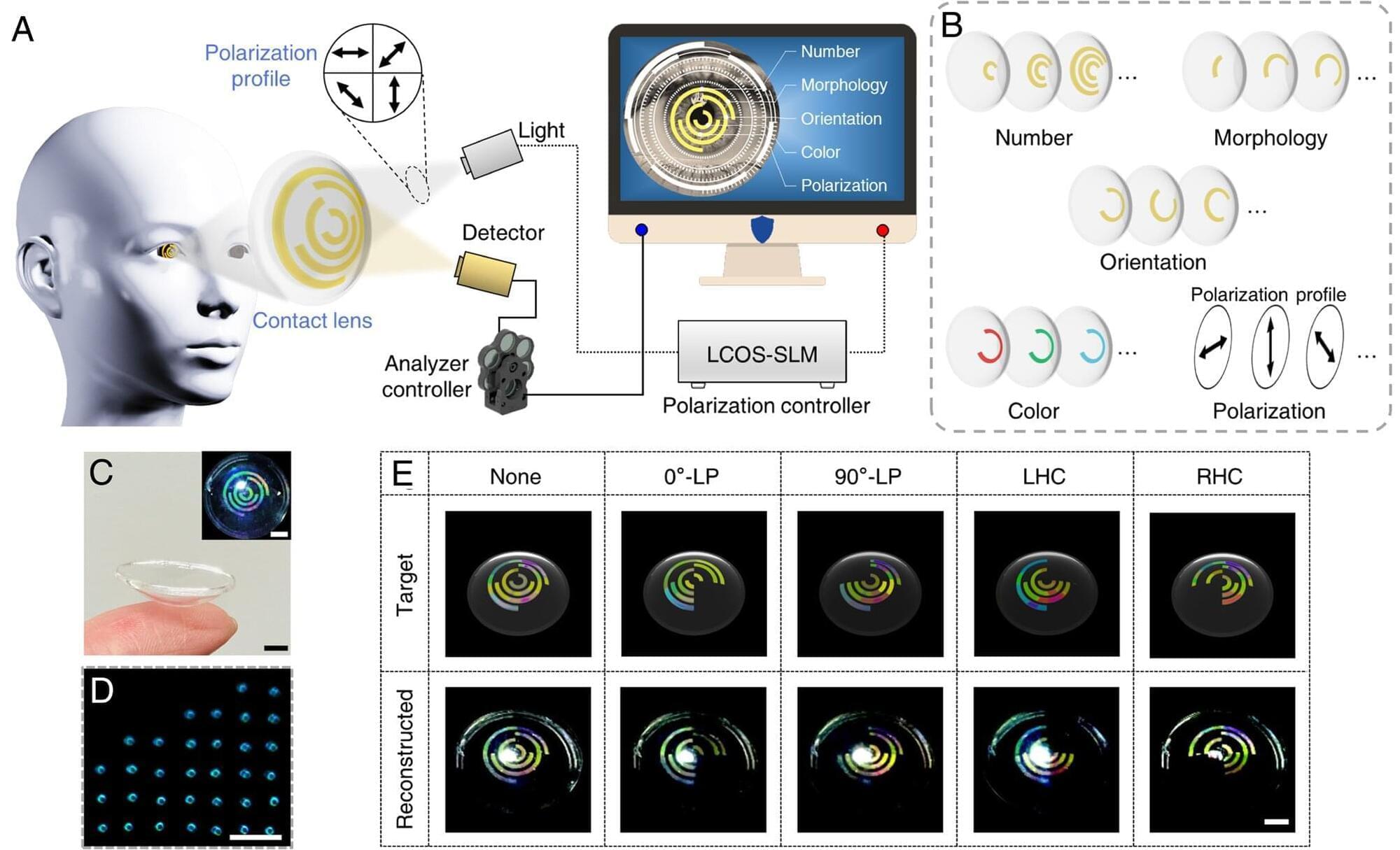Empa researchers are working on producing artificial muscles that can keep up with the real thing. They have now developed a method of producing the soft and elastic yet powerful structures using 3D printing.
One day, these could be used in medicine or robotics—and anywhere else where things need to move at the touch of a button. The work is published in the journal Advanced Materials Technologies.
Artificial muscles don’t just get robots moving: One day, they could support people at work or when walking, or replace injured muscle tissue. However, developing artificial muscles that can compare to the real thing is a major technical challenge.





